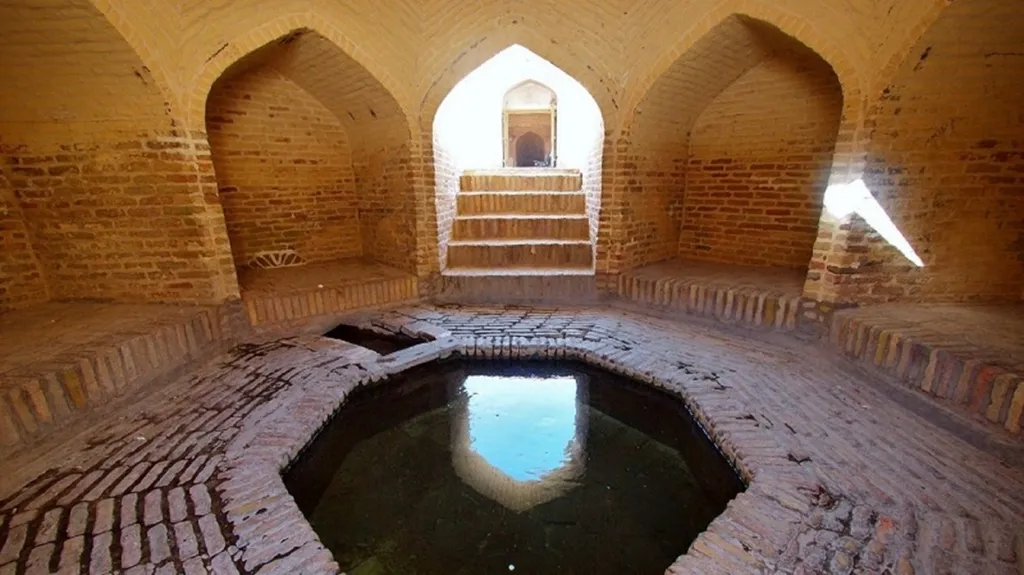In the arid landscapes of Yazd province, Iran, water has always been more than just a resource—it’s a lifeline, a precious commodity that has shaped the region’s history and culture. Now, a new study published in the journal ‘مهندسی و مدیریت ساخت’ (translated as ‘Engineering and Construction Management’) is shedding light on how traditional water supply systems could hold the key to more resilient and sustainable water management in modern times, with significant implications for the energy sector.
The research, led by Hassan Piri from the Mut University, delves into the historical water supply systems of Yazd province, where ancient civilizations developed ingenious methods to harness and distribute water from seasonal rivers, springs, groundwater, and rainwater. These traditional structures, including qanats, ab anbars (water reservoirs), and water mills, have been largely replaced by modern systems. However, Piri’s study argues that these ancient systems could be revitalized to complement modern infrastructure, particularly in the context of passive defense—a strategy that focuses on enhancing the resilience of infrastructure against various threats.
“Our research shows that a significant portion of these traditional structures are still functional and can be integrated into modern water supply systems,” Piri explains. “This approach not only preserves our cultural heritage but also enhances the sustainability and resilience of our water infrastructure.”
The study highlights the vulnerabilities introduced by modern water supply systems, which are often centralized and reliant on extensive networks of pipes and pumps. In contrast, traditional systems are decentralized, making them more resilient to disruptions. By integrating these systems, cities can reduce their dependency on energy-intensive water treatment and distribution processes, leading to significant cost savings and environmental benefits.
“This research is a game-changer for the energy sector,” says a water management expert who reviewed the study. “It opens up new avenues for reducing energy consumption in water supply, which is a major expense for many utilities. By leveraging traditional systems, we can create more efficient and resilient water infrastructure.”
The study also emphasizes the importance of community involvement in managing these traditional water systems. Local knowledge and expertise are crucial for maintaining and operating these systems effectively. This community-centric approach can foster a sense of ownership and responsibility, leading to more sustainable water management practices.
As the world grapples with the challenges of climate change and resource scarcity, the lessons from Yazd province offer valuable insights for the future of water management. By embracing a hybrid approach that combines the best of traditional and modern systems, cities can build more resilient and sustainable water infrastructure.
Piri’s research serves as a reminder that sometimes, the solutions to our modern challenges lie in the wisdom of the past. As we strive to build a more sustainable future, it is crucial to look back and learn from the ingenuity of our ancestors. The study published in ‘مهندسی و مدیریت ساخت’ is a significant step in this direction, offering a blueprint for integrating traditional water supply systems into modern infrastructure.

